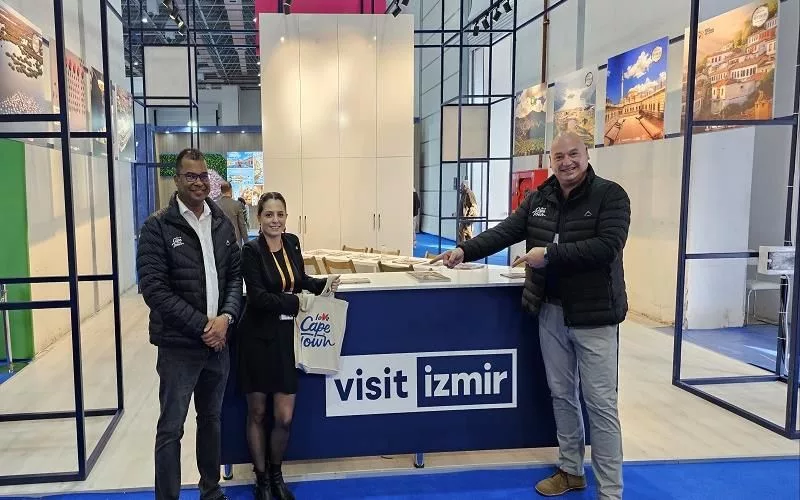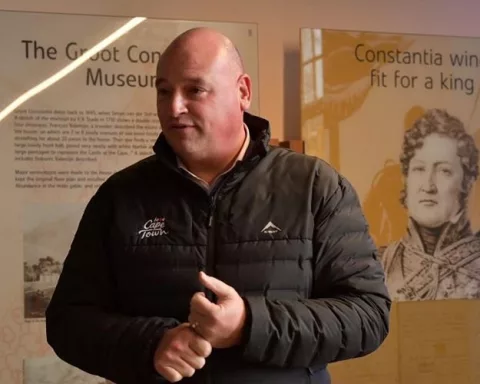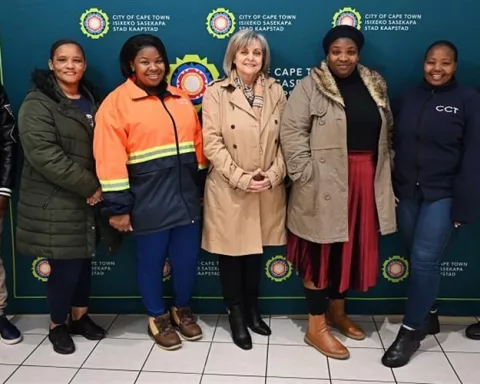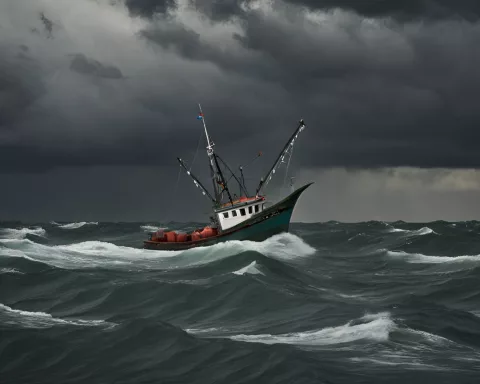Cape Town and Turkey have a strategic alliance focused on economic expansion and nurturing cross-cultural ties, with the recent visit to Turkey by a Cape Town delegation including the City’s Mayoral Committee Member for Economic Growth and the CEO of Cape Town Tourism. The mission aimed to reinforce the tourism alliance between the two nations and showcase Cape Town’s potential to international business and government leaders. The alliance is substantiated by verifiable data and frequent transcontinental engagements, and the Sister City accord between Cape Town and Izmir is a testament to their strengthening alliance.
Catalyzing Economic Progress: Fostering Cape Town and Turkey’s Strategic Alliance
What is the strategic partnership between Cape Town and Turkey?
Cape Town and Turkey have a strategic alliance that focuses on economic expansion and nurturing cross-cultural ties. The partnership connects two economic zones and symbolizes the escalating interest and investment in reciprocal tourism and trade prospects. The Sister City accord between Cape Town and Izmir is a testament to their strengthening alliance.
In the global sphere of diplomacy, Cape Town’s strategic partnership with Turkey has a firm foothold. This mutual alliance was given a fresh impetus when a Cape Town delegation recently paid a visit to Turkey. The key emissaries included Alderman James Vos, the City’s Mayoral Committee Member for Economic Growth, and Enver Duminy, the Chief Executive Officer of Cape Town Tourism. Their destination was the historic city of Izmir, the third-largest urban hub in Turkey.
Uniting Economic Growth and Cultural Exchange
The essence of this mission was a combination of economic expansion and the nurturing of cross-cultural ties. This was also a representation of the City of Cape Town at the Izmir Travel and Trade Exhibition. The ultimate objective of the mission was to reinforce the well-established tourism alliance between the two nations.
The strategic partnership of Turkey and South Africa goes beyond diplomatic courtesies. This alliance is substantiated by verifiable data and frequent transcontinental engagements. For example, the seven weekly direct flights connecting Istanbul and Cape Town underline these flights aren’t merely bridging two geographical points. They are also connecting two economic zones, transporting tourists and corporate travelers, and symbolizing the escalating interest and investment in reciprocal tourism and trade prospects.
The Robustness of Trade Relations
Turkey isn’t merely South Africa’s cordial associate. It’s a critical trade collaborator. The year 2021 saw Turkey exporting goods worth $902 million to South Africa. South Africa reciprocated by exporting commodities worth $935 million to Turkey, with primary products including iron ore, gold, and centrifuges.
The Sister City accord between Cape Town and Izmir is a testament to their strengthening alliance. Both Alderman Vos and Duminy have played crucial roles in implementing this accord, as displayed during their Izmir visit. Interactions with key authorities like the Izmir Tourism Board, Izmir Cinetour, Izmir Travel Fair Management, Turkish Airlines, TÜRSAB, the Honorary Consul for South Africa, and the Izmir Municipal Government, were vital in nurturing these ties.
Alderman Vos, acknowledging the relevance of this accord, accentuated its significance by affirming that executing the Sister City pact is pivotal in laying a strong groundwork for cooperative initiatives benefiting both Izmir and Cape Town.
Showcasing Cape Town’s Potential
The Cape Town delegation utilized this mission to display the city’s potential to international business and government leaders. Their aim was to showcase Cape Town’s value proposition across a range of sectors- from marine manufacturing and apparel production to call centers, tourism, financial services, and technology. They also strived to emphasize Cape Town’s ready-for-work labor market and its business-friendly initiatives, aligning with the city’s strategy to establish itself as a global trade and investment nucleus.
Identifying Turkey as an essential market, Alderman Vos highlighted the economic prospects that could emerge from fostering these relations. He stressed that Turkey holds enormous potential as a strategic collaborator for Cape Town’s economic development. This mission, he noted, is not just about fortifying current relationships; it’s about discovering new pathways to boost economic, tourism, and trade relations between Cape Town and Turkey.
Vision for a Prosperous Future
Though immediate benefits were acknowledged, the delegation also showed foresight in molding a prosperous and cooperative future. They pointed out that their endeavors in Izmir were not isolated. They were part of an expansive strategy to reinforce ties, explore economic possibilities, and make sure that the Sister City agreement between Cape Town and Izmir serves as a trigger for a sustained partnership. This signifies that Cape Town’s mission to Turkey was not a one-off occurrence, but a step towards a mutually beneficial future.
- What is the strategic partnership between Cape Town and Turkey?
-
Cape Town and Turkey have a strategic alliance that focuses on economic expansion and nurturing cross-cultural ties. The partnership connects two economic zones and symbolizes the escalating interest and investment in reciprocal tourism and trade prospects.
-
What was the recent visit to Turkey by a Cape Town delegation for?
-
The recent visit aimed to reinforce the tourism alliance between the two nations and showcase Cape Town’s potential to international business and government leaders.
-
How is the alliance between Cape Town and Turkey substantiated?
-
The alliance is substantiated by verifiable data and frequent transcontinental engagements, and the Sister City accord between Cape Town and Izmir is a testament to their strengthening alliance.
-
What are the primary products of trade between South Africa and Turkey?
-
Primary products include iron ore, gold, and centrifuges.
-
What did the Cape Town delegation aim to showcase about the city during their visit to Turkey?
-
The Cape Town delegation aimed to showcase Cape Town’s value proposition across a range of sectors – from marine manufacturing and apparel production to call centers, tourism, financial services, and technology.
-
What was the vision of the Cape Town delegation for a future partnership with Turkey?
- The delegation showed foresight in molding a prosperous and cooperative future, reinforcing ties, exploring economic possibilities, and making sure that the Sister City agreement between Cape Town and Izmir serves as a trigger for a sustained partnership.












